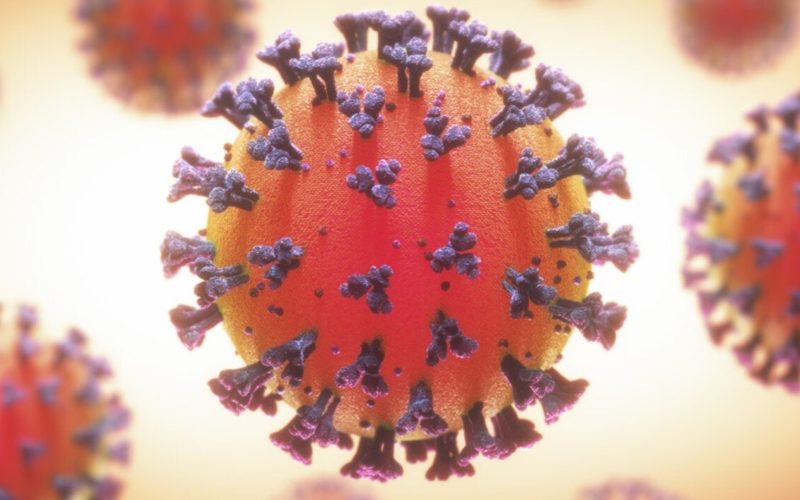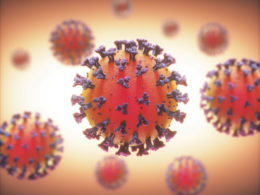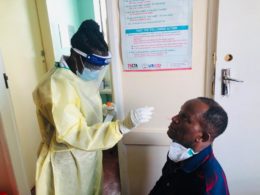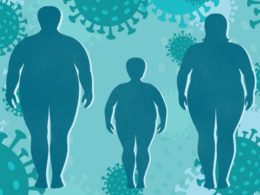When people contract Covid-19, they are advised to isolate themselves at their homes, where they live with other members of the household.
This situation makes some think the home is one of the most high-risk environments for Covid-19 transmission since family members share the same space especially in settings where family members share limited rooms.
But in some instances, some household members do not contract Covid-19 even though they may be exposed to the virus.
According to scientists, factors such as viral load, individual immunity and environmental factors even ventilation of the house play a major role including the fact that there are still many things yet to be learnt about Covid-19.
Research shows that the length and location of exposure of Covid-19 is one element that contributes to why some family members are not infected.
This can be seen when someone sits outside where airborne particles are more likely to become diluted, reducing the likelihood of breathing in enough virus to become infected.
It also applied to ventilation with opening all the windows in the house being ideal to limit the chances of household transmission.
One non-peer-reviewed study titled “Household transmission of SARS-CoV-2: a systematic review and meta-analysis of secondary attack rate” showed that transmission is variable among different people within the home.
For instance, the risk for infection was higher between spouses, at 43 percent which could reflect on intimacy or more direct exposure between the couple as a way of transmission.
Scientists also said sometimes, transmission mainly occurred from super spreader events that happen more frequently outside the home.
An infected person is more likely to encounter a greater number of people in the community, and a super spreader can potentially infect dozens of others.
Biological differences were also cited as another factor that led to this notion where characteristics such as being in a certain age group, from changes in the immune system, and from other reasons scientists have yet to uncover contribute to why household members do not usually contract Covid-19.
However, prevention methods touted by experts such as washing your hands, wearing a mask and maintaining physical distance were also reasons why some people did not contract the virus.
In the same vein, it is also important to clean surfaces that are usually touched with disinfectants.
Scientists are also trying to investigate whether there is a clear genetic reason why some people are naturally resistant to Covid-19.
This was seen in the COVID Human Genetic Effort, an international consortium of experts seeking to understand the genetic and immunological factors that influence Covid-19 infections.
So far, no gene has been formally identified that makes someone resistant to Covid-19 but if scientists can find the answers they may be able to understand why some people are “naturally resistant to Covid-19” and possibly develop treatment.








